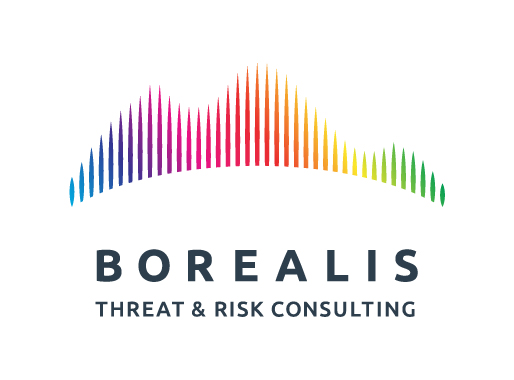This piece appeared first in the Epoch Times Canada on August 20, 2023
Governments are odd things when you sit down to think about it. They exist, in theory at least, to “govern,” i.e., run things. Things like countries. And, to be fair, some do a pretty good job of it, sometimes.
There are things governments do that I think we would all agree are necessary. Who, after all, would want to take over road maintenance, sewers, garbage collection, and mass cleanups in the wake of natural disasters such as blizzards, tornadoes, earthquakes, volcanic eruptions?
Alas, at other things they mess things up quite a bit. This may be down to personalities or bureaucracies that have been around far too long and are mired in strategies that need changing (“but we have ALWAYS done it that way”). In any event, the decisions they end up making are often counterproductive.
Take New Zealand for example. It has recently come up with a plan to create a brand new intelligence agency. Why? Well, apparently the 2019 terrorist attack in Christchurch led some to believe that the system in place was not good enough, hence the perceived need to do something different.
The new body, apparently to be called the National Intelligence and Security Agency (NISA), will “help the government more rapidly react to and better coordinate its response to security threats.” It will also be placed above existing NZ organizations that already do intelligence: the Government Communications Security Bureau and the New Zealand Security Intelligence Service. I had extensive dealings with both during my time in Canadian intelligence.
Is this a good idea? In a word, no. Intelligence bodies are very expensive things to run. They take years, if not decades, to get up to speed given the complexity of intelligence operations. Furthermore, why would the New Zealand nabobs create a brand new bureaucracy rather than better fund and resource existing ones?
The very same applies to Canada. In the wake of the atrocious Liberal government’s performance when given solid intelligence on Chinese interference in the 2019 and 2021 federal elections, the current band of administrators went from “nothing to see here” to a commission led by former governor general David Johnston that produced a wholly inadequate report, to continued denials that it had been privy to intelligence, to accusations of “anti-Asian racism” toward those critical of its inaction.
And now we have this notion of, wait for it, a new “foreign agent registry” to “foster transparency regarding legitimate foreign state lobbying.” So, instead of going after the elephant in the room, i.e., the People’s Republic of China which has been meddling in our affairs for decades, we will come up with a classic Canadian solution by creating a body that won’t offend anyone (and we may say sorry to anyone who comes to that agency’s attention). In fairness, the Chinese are not the only external actors to worry about but they are certainly No. 1 at this juncture.
How much will this organization cost? Who will run it? Where will it get its information from? If the past 40 years are any indication, it will be given solid intelligence from CSIS, CSE, and/or the RCMP, and then promptly ignore it and fail to pass it up the line. I hate being negative, but I have watched this movie before.
A much better approach would have been to act on information already in the system. In addition, if the government finally realizes that PRC actions are a problem—what took them so long?—then it should better fund and resource CSIS et al. Bringing in yet another bureaucratic beast will not make things better.
We have little choice but to let governments run intelligence agencies (there are private sector examples but these are fraught with challenges). What we need is for those governments to put the management in the hands of competent practitioners—not clueless officials—and listen when they are presented with good intelligence.
Now THERE’S a government decision that makes sense!

